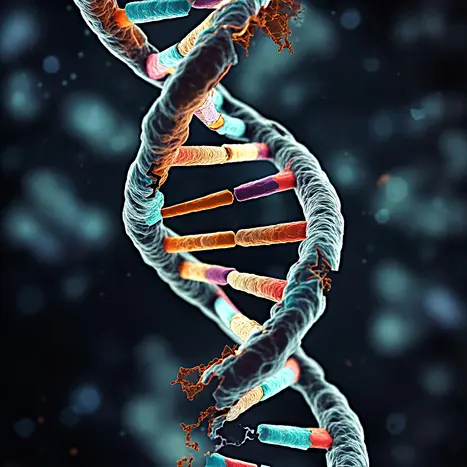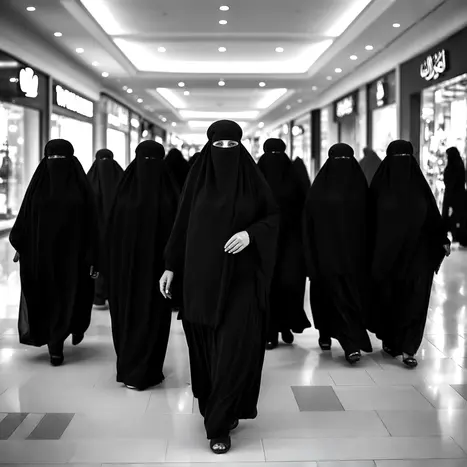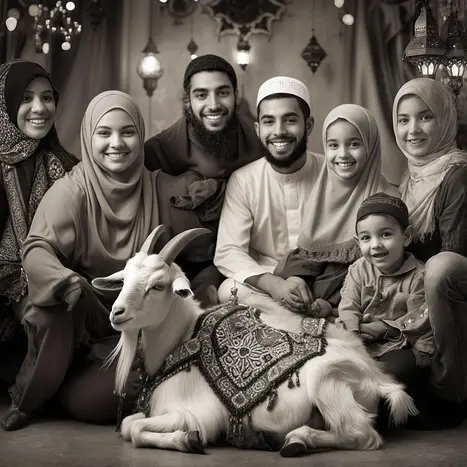
The controversial militant Quran quotes mentioned in this post have been circulating on various social media platforms. To ensure accuracy, I have included the ayat (verse) content from a recognised source/translation: Quran.com - Dr. Mustafa Khattab, The Clear Quran.

The Quran addresses various topics related to interactions with non-Muslims, marriage, and warfare, with interpretations often depending on context and scholarly views. In this article, each topic is considered with relevant verses and explanations for a lay audience.

First-cousin marriage has sparked considerable debate in various societies, particularly regarding its implications for health, genetics, and social dynamics. This article explores the arguments for and against banning such marriages, drawing on recent research and public opinion.

The burka, a full-body covering worn by some Muslim women, has been subject to bans in various countries, often as part of broader policies on face coverings. These bans are typically justified by security concerns, social integration, or secular principles, but they remain a debated topic, with human rights organisations highlighting potential violations of religious freedom.

On D-Day, June 6, 1944, approximately 4,414 Allied soldiers lost their lives during the initial assault on the Normandy beaches. This figure includes troops from America, Britain, Canada, and other Allied nations.

Eid is a time of joy, reflection, and community for Muslims worldwide. It marks significant spiritual milestones and is celebrated with a blend of religious devotion, cultural traditions, and festive gatherings. The Islamic calendar has two major Eids: Eid al-Fitr and Eid al-Adha.

In Islam, animal blood sacrifice, known as "Qurbani" or "Udhiyyah," is a ritual performed during the month of Dhul Hijjah, specifically on *Eid al-Adha. It commemorates Prophet Ibrahim's (Abraham) willingness to sacrifice his son Ismail (Ishmael) for God.

